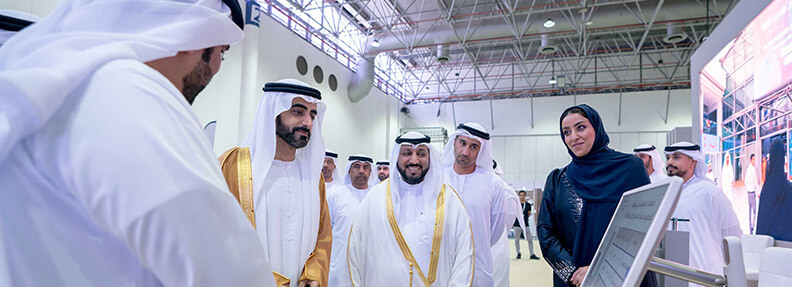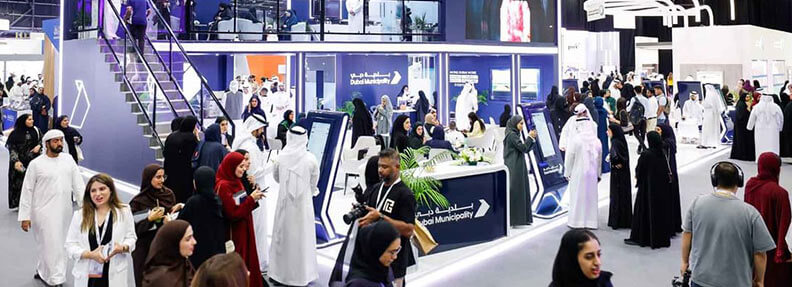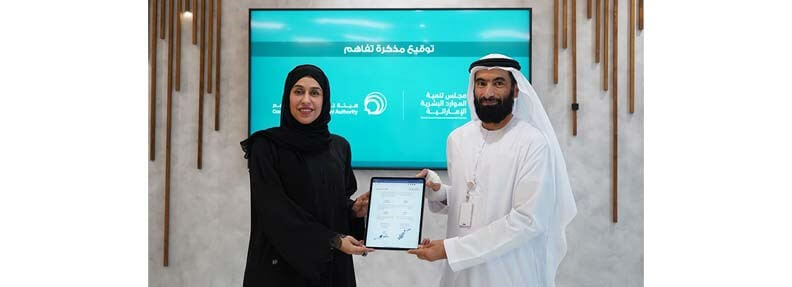
Dubai Emerges as a Crypto Oasis: Can it Lead the Blockchain Revolution?
Future of Finance?
While most countries are still skeptical about adopting cryptocurrency, the UAE government is rolling out the welcome mat. Dubai's Virtual Asset Regulatory Authority (VARA) isn't there to stifle innovation, but to create a safe space for businesses to operate. This clear regulatory framework is a breath of fresh air in the often-uncertain world of crypto.
The Central Bank of the UAE launched a pilot program for its Central Bank Digital Currencies (CBDCs) in April 2023, showcasing the region's openness to exploring digital currencies. The Central Bank is even allowing licensed crypto businesses to open bank accounts, a move that further streamlines financial operations.
The UAE regulates cryptocurrencies and service providers under a clear framework. Resolution No. 111 of 2022 (Concerning the Regulation of Virtual Assets and their Service Providers) applies to most of the UAE, with designated free zones like Dubai International Finance Centre (DIFC) and Abu Dhabi Global Market (ADGM) having their own regulations. Virtual Asset Service Providers (VASPs) require a license from the Securities and Commodities Authority (SCA) or local bodies like the Dubai Virtual Asset Regulatory Authority (VARA). Additionally, AML (Anti-Money Laundering) and KYC (Know Your Customer) regulations are enforced to prevent illegal activities.
Dubai's embrace of crypto isn't happening in a vacuum. The entire Middle East is witnessing a positive shift towards clearer crypto regulations. Dubai's VARA is a shining example, paving the way for other countries in the region. According to The Chainalysis 2023 Geography of Cryptocurrency Report, the Middle East and North Africa (MENA) region remains one of the fastest-growing crypto markets globally. This growth is likely fueled by factors like economic instability in some countries and the potential for crypto as a remittance tool.
Blockchain and Beyond
The UAE isn't just interested in building a crypto trading hub; they're setting their sights on the bigger picture. There's a strong focus on exploring real-world applications of blockchain technology, the backbone of cryptocurrencies. Blockchain technology has the potential to revolutionize many industries beyond just creating and trading cryptocurrencies. Here are a few real-world applications of blockchain:
- Supply Chain Management: Blockchain can track the movement of goods from origin to destination, ensuring transparency and eliminating counterfeits. This can be applied to industries like food and pharmaceuticals, where ensuring product authenticity is critical.
- Healthcare: Medical records stored on a blockchain can be secure, tamper-proof, and easily accessible to authorized personnel. This can improve patient care coordination and streamline medical research.
- Identity Management: Blockchain can be used to create secure digital identities that individuals can control. This can eliminate the need for multiple usernames and passwords, and reduce the risk of identity theft.
- Voting Systems: Blockchain can be used to create secure and transparent voting systems, reducing the risk of fraud and manipulation.
- Intellectual Property Protection: Copyrights, patents, and trademarks can be registered and protected on a blockchain, making it easier to track ownership and enforce intellectual property rights.
- Financial Services: Blockchain can streamline cross-border payments, reduce transaction fees, and improve the efficiency of financial markets.
These are just a few examples, and the potential applications of blockchain technology are constantly evolving. As the technology matures, we can expect to see even more innovative uses emerge in the years to come.
Look to the Future
The UAE's focus on establishing itself as a leader in this field will likely lead to increased investment in education and training programs. This creates opportunities for job seekers to upskill and acquire the necessary expertise to thrive in the new job market.
A thriving blockchain ecosystem creates entirely new job markets. This includes opportunities for specialists like blockchain developers, security analysts, smart contract architects, and user experience designers specific to blockchain applications. Even for those without blockchain-specific expertise, there will be a surge in demand for professionals with transferable skills. IT professionals, data analysts, cryptographers, and legal specialists familiar with financial regulations can find their skills highly sought after in this new landscape.
While cryptocurrency is still a developing technology with inherent risks, the UAE's progressive approach creates a promising environment for the future of this innovative financial tool. With clear regulations, government support, and a focus on innovation, the UAE is poised to play a significant role in the global cryptocurrency landscape.



